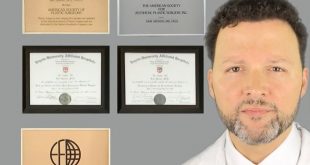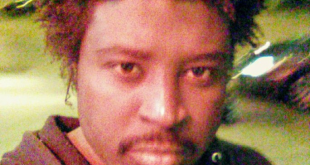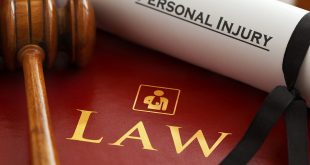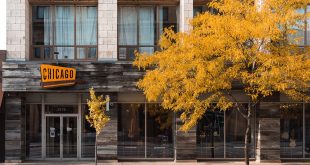An Illinois House Committee yesterday approved amendments to the Illinois Eavesdropping Act by a 9-2 vote. At present, if an individual records a member of law enforcement, even in a public setting, without permission, that individual can be arrested and charged with a class 1 felony. The most recent incident in Chicago involving recording police was when a member of Occupy Chicago was livestreaming a protest and was threatened with arrest for doing so.
State Rep. Elaine Nekritz, who is sponsoring House Bill 3944, told CBS Chicago that it’s important to make changes to the act with the May NATO/G8 summits looming. “Thousands of journalists and people are at risk for prosecution,” said Nekritz. While there is an exemption for news broadcasts, the law has yet to catch up to the thousands of citizen journalists and others who witness events, pull out their smart phones, and press record.
 News Chicago Business, Info & Events
News Chicago Business, Info & Events










An Illinois eavesdropping law makes it is a Class 1 felony — carrying a penalty of up to 15 years in prison — to use any device to “hear or record a conversation” involving police, prosecutors, or judges without their permission. Chicago protesters and journalists are up in arms about the constitutional problems posed by the law — but what are they exactly? New York Law School’s legal reporting blog elaborates:
http://www.lasisblog.com/2012/02/09/the-constitutional-right-to-record/
If you enjoy this piece, please leave a comment or “like” us on Facebook!